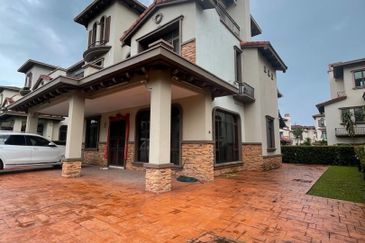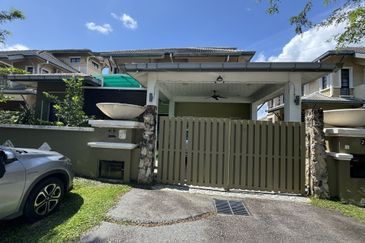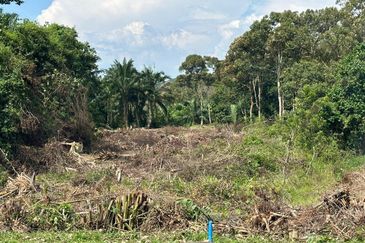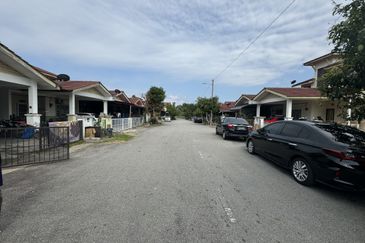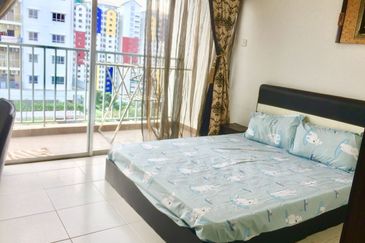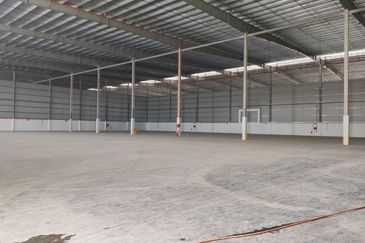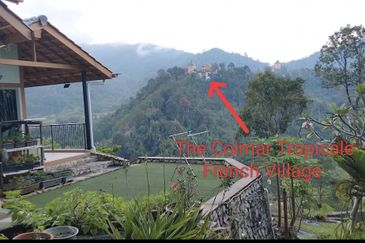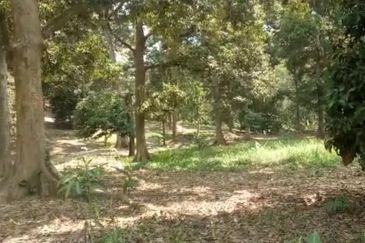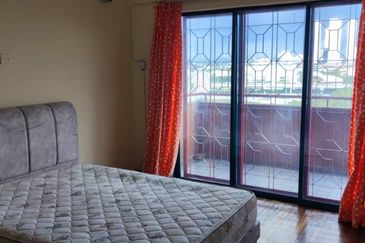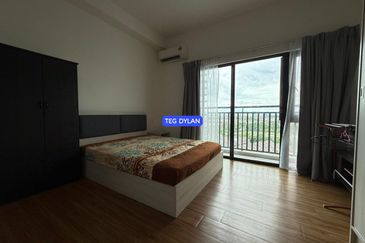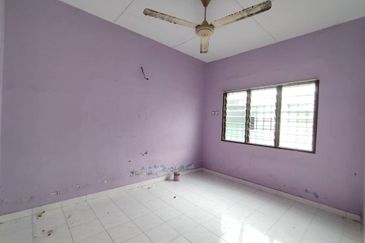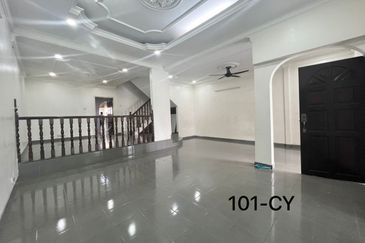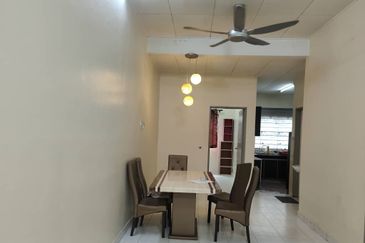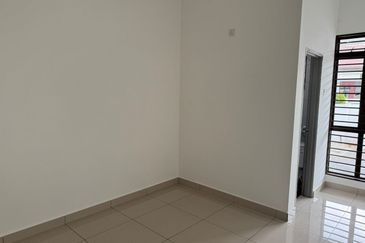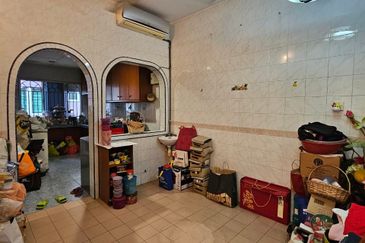
KUALA LUMPUR (Oct 24): Property developers who were anticipating measures to spur the sluggish property market from Budget 2017 last Friday came away disappointed, as there were no clear incentives for them.
In fact, the property market may be worse off going forward, as the stamp duty for purchases of properties priced above RM1 million will be raised to 4% from 3% from Jan 1, 2018, which would discourage the purchase of high-end properties, an analyst tied to a local research house told The Edge Financial Daily.
There were measures announced to address the issue of affordable housing targeted for the bottom 40% of Malaysian households whose income is at RM3,900 and below, which were expected.
But these measures are mostly specific to PR1MA or Perumahan Rakyat 1Malaysia projects — for homes priced at RM300,000 or below — with no indication that it will be extended to private property players.
Other notable measures introduced included the provision of strategic vacant government lands to government-linked companies and PR1MA for the development of more affordable homes priced between RM150,000 and RM300,000, and the development of 10,000 houses to be rented to eligible youths at a below-market rate, for up to five years. Again, not for private players.
Not surprising then, that immediately after the budget was tabled last week, the Real Estate and Housing Developers’ Association Malaysia (Rehda) called on the government to extend the affordable housing incentives to private developers too.
“In areas where PR1MA is not present, we hope that this incentive can be given [to private developments] as long as the [price] threshold of these houses is the same,” Rehda president Datuk Seri FD Iskandar told reporters last Friday.
Under the new budget, there will also be a 100% exemption of stamp duty given, but only for properties priced no more than RM300,000. Presently, a 50% exemption is given for the purchase of homes that are priced no more than RM400,000.
While the above measures address some social housing needs, the analyst said they will provide no boost to listed property developers, as many do not have properties in the RM300,000 and below range.
“The listed big-cap property developers — those with a market capitalisation of more than RM3 billion — were expecting more from the budget. They anticipated an easing in lending policy and a higher allocation for the purchase of homes under Account 2 of the Employees Provident Fund for first-time buyers,” said the analyst.
These were clearly not in the budget. There was also no change to the real property gains tax rate, while the developers’ interest-bearing scheme was still not allowed to make a comeback.
“Overall, the budget was not very helpful to listed players. Stock prices of property developers climbed prior to the budget — most thought it would be a boost for the segment. So there may be some weakness in the counters going forward.
“We expect the local property market to remain subdued going forward,” he added.
S P Setia Bhd president and chief executive officer Datuk Khor Chap Jen also noted the lack of incentives to stimulate the subdued property market.
“We are happy that the government will make financing easier and more accessible, and is looking at reducing the loan rejection rate for first-time home buyers.
“Nevertheless, we noted that the government did not introduce broader incentives to spur the soft property market and has a proposal to increase stamp duty for properties above RM1 million,” said Khor.
Similarly, property consultancy ExaStrata Solutions Sdn Bhd’s chief real estate consultant Adzman Shah Mohd Ariffin said the budget was below expectations.
“Generally, the budget gives a lot more emphasis on affordable housing with more units being developed and a better end-financing scheme. However, the lack of goodies for the real estate market will not augur well,” he said.
On the higher stamp duty rate for homes above RM1 million, Adzman said this will dampen the high-end market, though he noted that there is still a window for transactions in 2017.
“Maybe this was done to encourage transactions in 2017,” he mused.
Mah Sing Group Bhd is one of the few which have decided to view the stamp duty rise in a more optimistic light.
“For those who have the intention of buying higher-end homes, the stamp duty increase from 3% to 4% for homes priced more than RM1 million will encourage advance buying of completed properties prior to Jan 1, 2018.
“Some of our remaining units in M City in Jalan Ampang, Aspen @ Garden Residence and Icon Residence, Mont Kiara, will benefit from this, as buyers will be driven to make a faster purchase in order to not be charged the higher stamp duty rate,” said its group managing director and group chief executive Tan Sri Leong Hoy Kum in a statement.
This article first appeared in The Edge Financial Daily, on Oct 24, 2016. Subscribe to The Edge Financial Daily here.
budget2017
TOP PICKS BY EDGEPROP
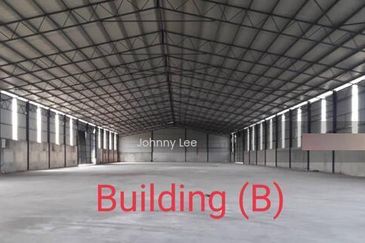
Jenjarom Industrial Park
Jenjarom, Selangor
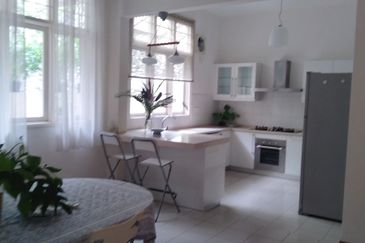
Damansara Heights (Bukit Damansara)
Damansara Heights, Kuala Lumpur
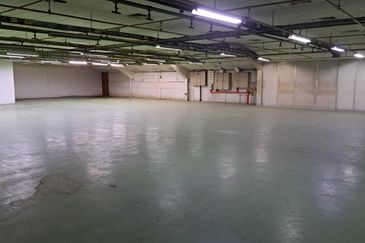
Subang Jaya Industrial Estate
Subang Jaya, Selangor
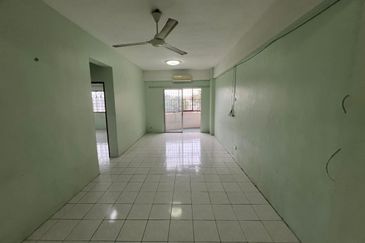
Perdana Villa @ Taman Sentosa Perdana
Shah Alam, Selangor


